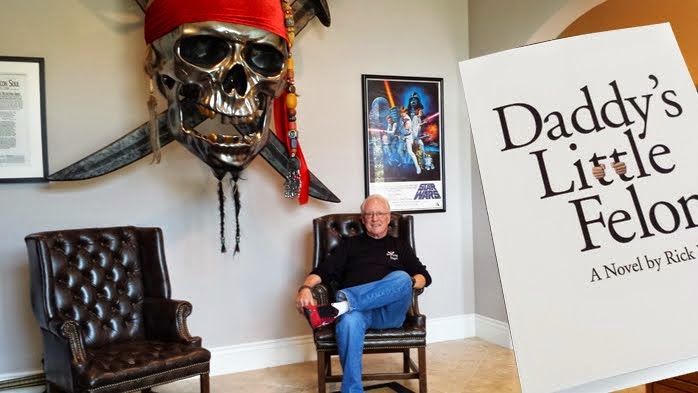Ilya Druzhnikov and Andre Stoica met at Stanford. Andre graduated in 1997 and was a Phi Beta Kappa. Together, they started a spectacular company called ConnectAndSell. This is where I met them. ConnectAndSell solves a most interesting marketing problem in a creative and unique way. A clever way, actually. They connect a company's sales people to a continuing stream of live conversations with the very people the company wants to sell to (hence the name, ConnectAndSell). So instead of having 1 or 2 live conversations with prospective customers every hour, ConnectAndSell customers can have 12 to 15 conversations an hour. And Ilya and his partner Andre have patents on this stuff, so nobody else in the world can knock them off. How's that for clever? [Full disclosure demands that I let you know I own stock in this company.]
Of course, Oracle's Larry Ellison has always known the Russians were damnably clever. Years ago during one of our ad-creation meetings, Larry contrasted the sophisticated electronics of the American F-15 to the get-the-job-done-cleverness of the Russian MIGs. The F-15 weapons system had an all-digital range and locking apparatus, whereas the Russian counterpart electronics were analog. The MIG display had an arrow showing the direction of the threat, and the length of the arrow denoted the distance to the target. Not sophisticated. Just clever. Which probably explains Ellison's reluctance to give Russia access to Oracle. Why give an inherently clever people a level technological playing field? And I have previously quoted Larry as saying that if Russia had Oracle, the Berlin Wall might not have fallen, because you can run one hell of a large centralized economy with Oracle technology.
So if Ilya and Andre are representative of Russian cleverness, then the Chinese had better brace themselves should cyber war break out. Because while the Chinese have been persistent in their attacks on my Linux server, my system logs of those exploits do NOT demonstrate anything approaching cleverness. They're just brute-force attempts to find username/password combinations, or to swamp my system with requests that trigger memory overflows. The stuff from Russia, on the other hand, is downright scary in its street-wise slyness.
So best wishes to Ilya and Andre. Please put in a good word for me with your overseas buddies. And politely ask them to lay off my bank account. Thanks.



